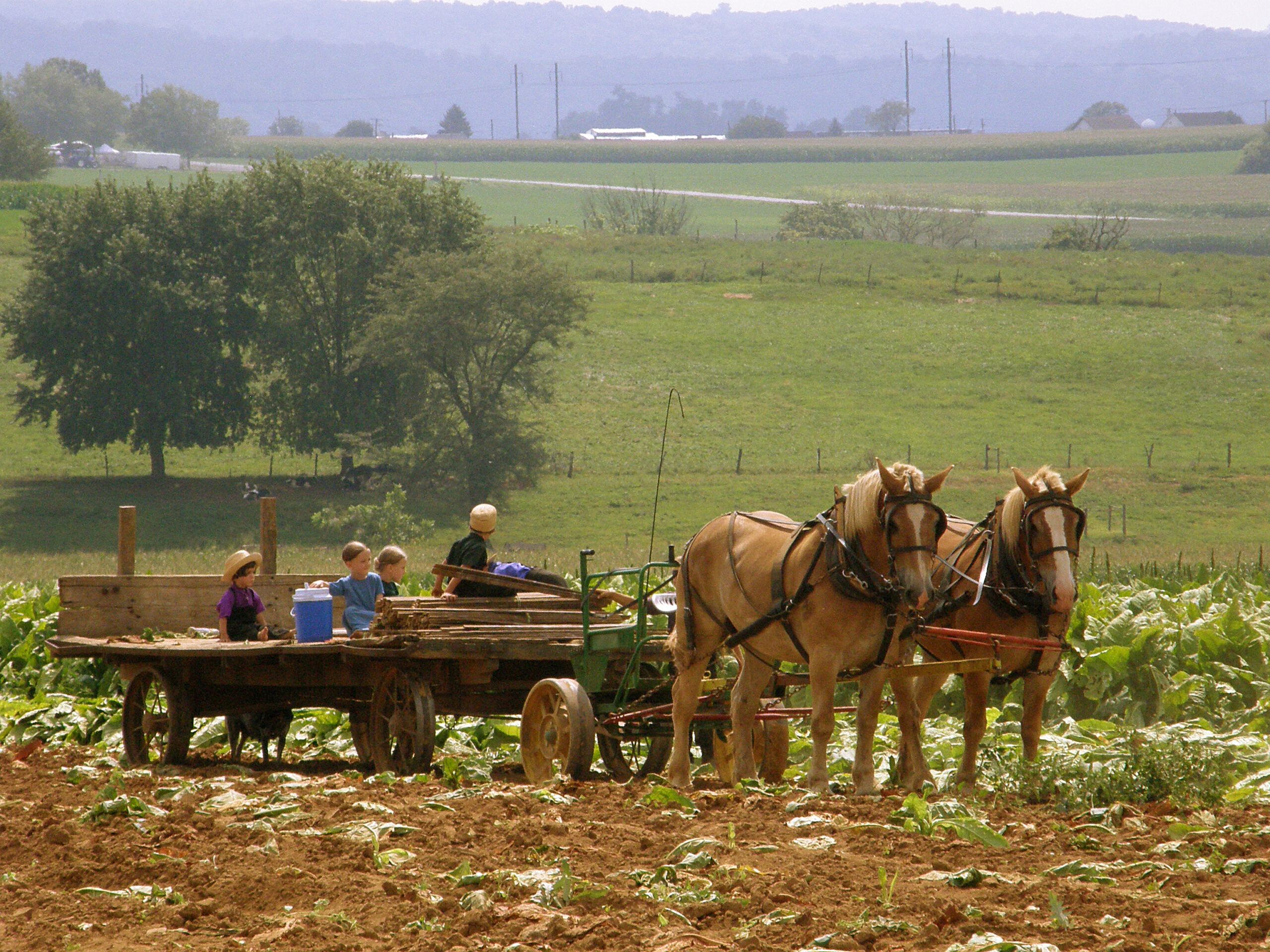“The Golden Rule and Being “PC”, Those were the days”. –“Smile For The Community!”
As I was growing up, I was educated from my Grand Parents, Parents, and Pastor to the ways of the “Golden Rule”. The Golden Rule is the principle of treating others as one would want to be treated by them. Meaning that you should reciprocate to others how you would like them to treat you (not necessarily how they actually treat you). Then coupling together with a strong foundation of manners & family values, made for a good combination. Then came “Being PC”. Or being politically correct, which means that people should be careful not to offend any person or group of people in society who have a disadvantage, or who have been treated differently because of their sex, race, religion, or disability.
This was and is exceptionally true in my experience, as I turned into an adult and entered the work force. Between business development, the hospitality industry, and working with youth in multiple communities, I found that those early teachings and gaining experience using those tools and positive habits assisted to me being successful in navigating the pitfalls of those character-building days that tend to pop up along the way.
It has only been in recent years, probably the last decade, that I’ve noticed a change in people. Please know, I’m not attempting to be judgmental, only point out my observations. As you too, may have also noticed over time as well. People in general have been more impatient or distracted. Not just when driving, in the grocery store, or basically anywhere. A trait known as the “Me First Mentality”. Not all the time, but definitely more than yesterday. It is my opinion; we are slowly forgetting those golden rules of yesterday and the importance of being patient with each other.
In my opinion and in general people are genuinely good at heart. But differences in environment, attitude, and the “stories we tell ourselves” has possibly changed more perceptions in some, and possibly overwhelmed others along the way. I get it. With information, technology, and quite frankly life itself, everything’s moving faster every day. Just remember when you’re feeling that way, just take a breath and remember those lessons of yester year. Then take a moment to smile with those you are with at any given time. A smile and acknowledgement of one another or a positive word, go a long way in brightening an individual’s day. And if enough of us continue to do that every day, then we can brighten up the whole community! It can be infectious and make all the difference. Be well, be safe, stay positive!
—Ed Blanchette

